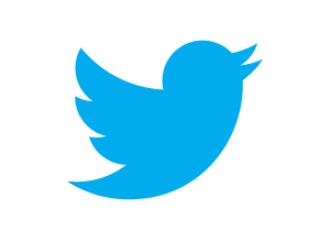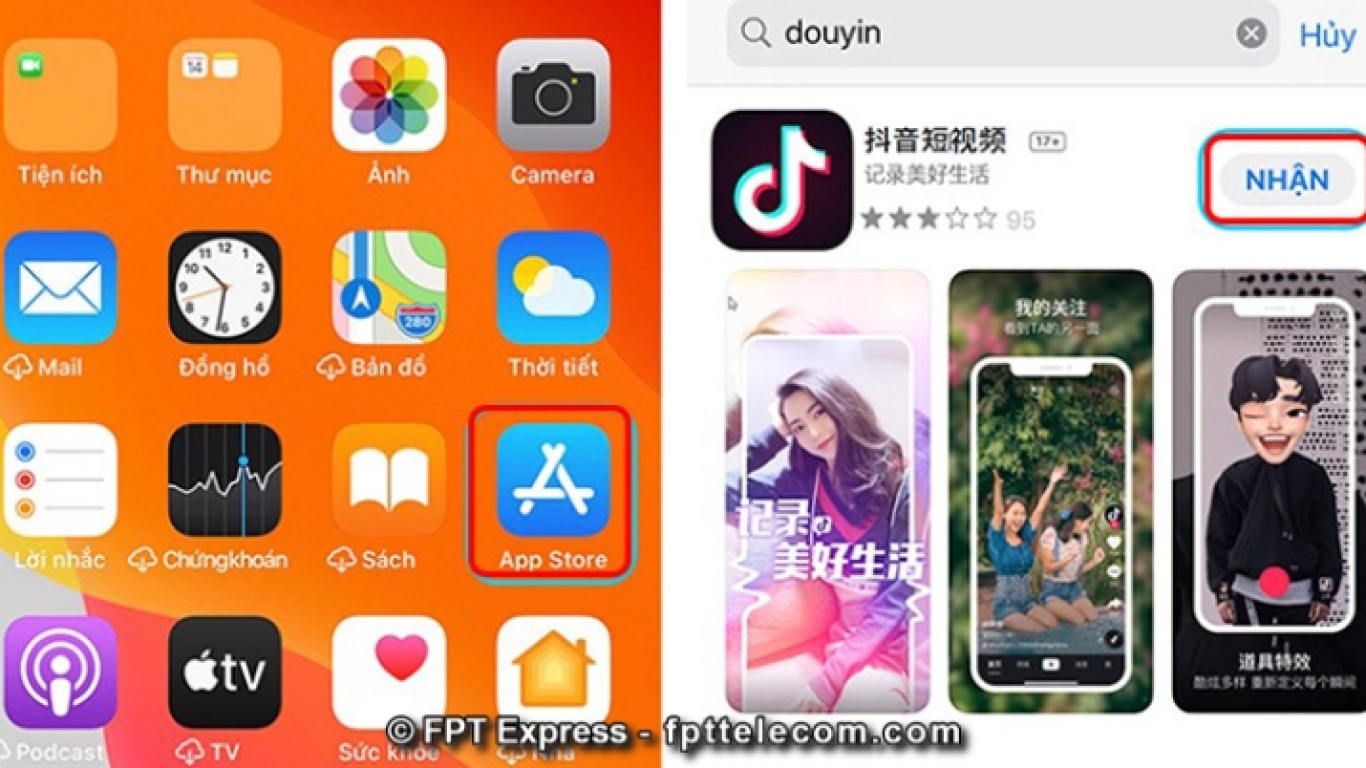Twitter Inc.’s (NYSE: TWTR) initial public offering (IPO) could value the company as high as $20 billion, particularly if its price remains above the high end of its $23 to $25 initial range for more than several days. Much of the discussion about Twitter’s future is around whether it can bring in enough advertising revenue to sustain its revenue growth. However, its real challenge is a simple one. It is much smaller than Facebook Inc. (NASDAQ: FB) in total users, which gives the social network an important advantage.
Twitter’s monthly active users number more than 200 million. Facebook’s membership number is six times that figure. This gives Facebook the ability to continue to offer Twitter-like services and market them to a huge audience. So far, Facebook has not had any success at this. However, if its management is not the most ingenious in the tech world, it is close.
In very few instances has a company’s new to a product or service successfully taken customers from an entrenched competitor. The best example may be Gmail, Google Inc.’s (NASDAQ: GOOG) email service, which dislodged those from Microsoft Corp. (NASDAQ: MSFT), AOL Inc. (NYSE: AOL) and Yahoo! Inc. (NASDAQ: YHOO) — the leaders since the Internet was a dial-up service. Google also was able to overtake the leaders in the software mapping market. And, most notably, Android is the primary mobile OS in the world, pushing out those from Apple Inc. (NASDAQ: AAPL), Symbia and BlackBerry Ltd. (NASDAQ: BBRY). The search company used its leverage as the dominant company in its primary market to extend its reach into others.
Twitter’s success, in part, is because it edged instant messaging off to the side. It is not entirely clear why that happened. Twitter’s was an open system that was not tied to any larger company. That gave it a reputation of independence, which has only surged with time.
Facebook’s edge over Twitter is not only that it is large enough to challenge Twitter with similar services of its own. Facebook has proved to large marketers that it can effectively reach, in many cases, its users with advertising messages. Twitter has had no such success, and there is a great deal of skepticism that it ever will.
Facebook cannot allow Twitter to grow much larger year after year. Cleverness and a huge balance sheet do not mean Facebook can successfully flank Twitter, but these are essential tools that will allow it to try.
Take Charge of Your Retirement In Just A Few Minutes (Sponsor)
Retirement planning doesn’t have to feel overwhelming. The key is finding expert guidance—and SmartAsset’s simple quiz makes it easier than ever for you to connect with a vetted financial advisor.
Here’s how it works:
- Answer a Few Simple Questions. Tell us a bit about your goals and preferences—it only takes a few minutes!
- Get Matched with Vetted Advisors Our smart tool matches you with up to three pre-screened, vetted advisors who serve your area and are held to a fiduciary standard to act in your best interests. Click here to begin
- Choose Your Fit Review their profiles, schedule an introductory call (or meet in person), and select the advisor who feel is right for you.
Why wait? Start building the retirement you’ve always dreamed of. Click here to get started today!
Thank you for reading! Have some feedback for us?
Contact the 24/7 Wall St. editorial team.




